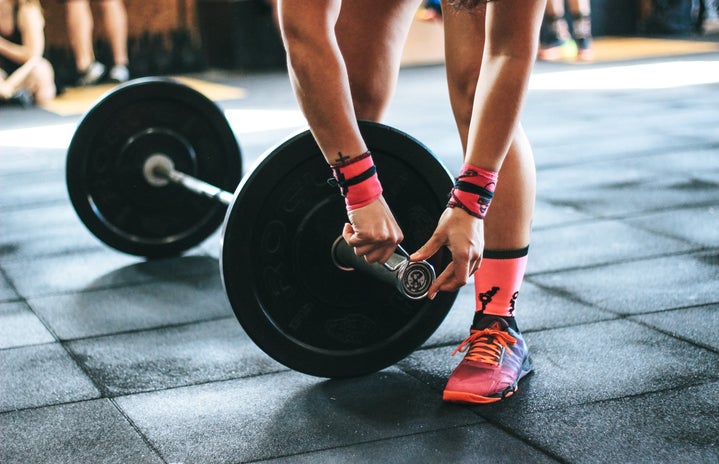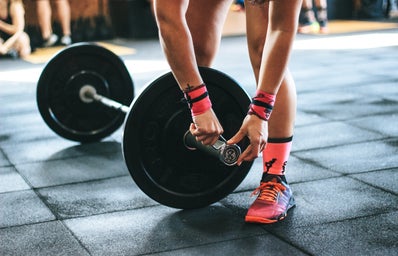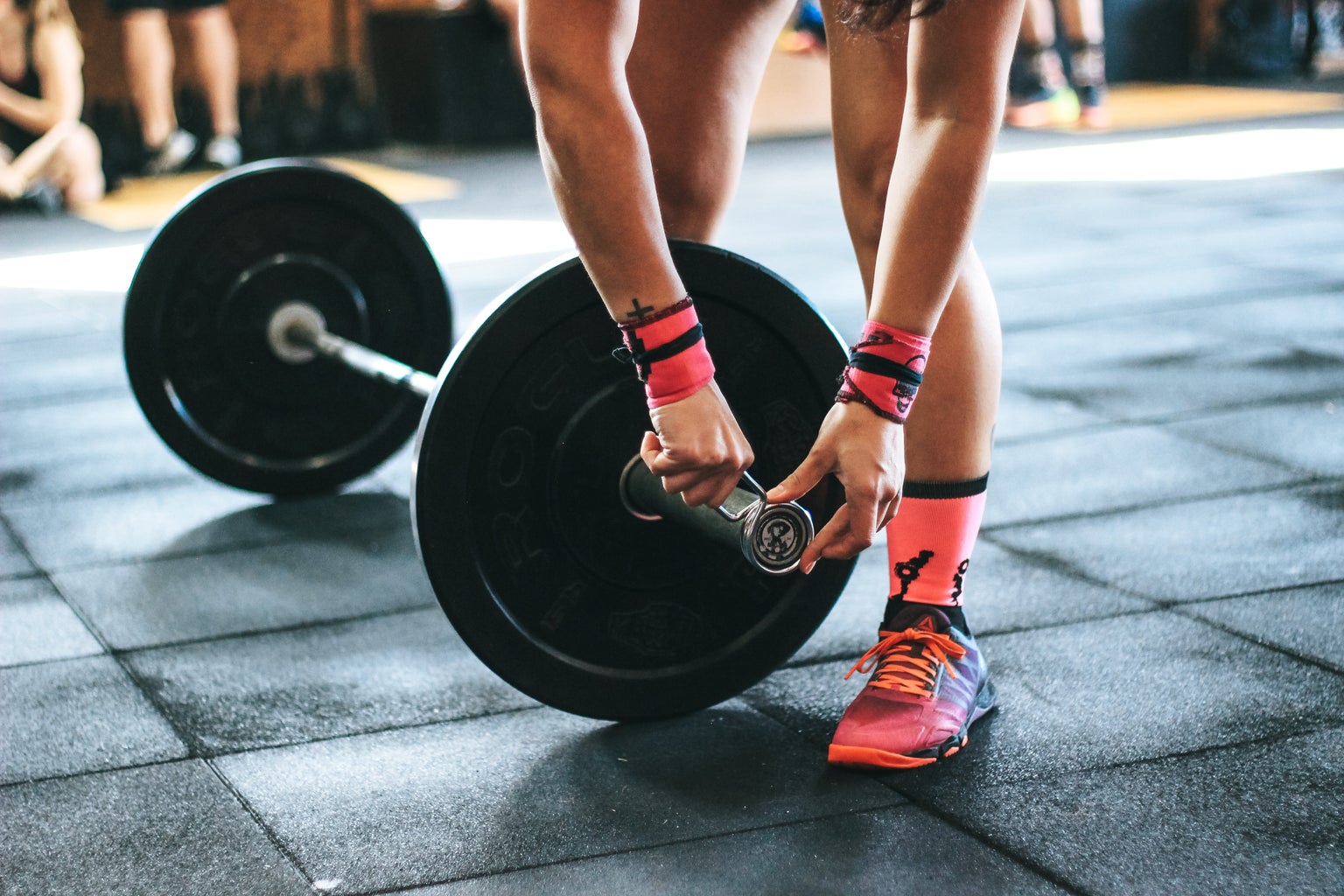A great divide appeared during the pandemic, between the gym goers and the comfort eaters. Fitness crazes like Peloton and the Chloe Ting workout took the internet by storm. Social media now acts as a diary for many people’s weight loss journeys. Whether it’s ads for waist trainers or posts of weekly meal preps, Instagram has been at the forefront of this trend.
In January 2021, Anna McNeil (@goodeatsgoodlifts) began chronicling her workout goals and eating habits on Instagram. Overall, she has lost 60 pounds and has now started to build muscles. Her page was intended as a personal way to keep track of her progress. Now as a self-proclaimed micro-influencer, she has built a platform with growing engagement and affiliate links.
However, these types of pages can act as a public forum for criticism and unwanted advances. While her male mutuals are helpful peers, there is a subset of men who follow women’s fitness accounts for another agenda.
“I stopped looking at my hidden DMS because it’s so disheartening that no matter how hard I work I receive that level of objectification,” McNeil said.
Whether you’re a college girl posting a gym snap or an Olympic athlete, you may face inappropriate advances for simply two things: being a woman and having a body.


